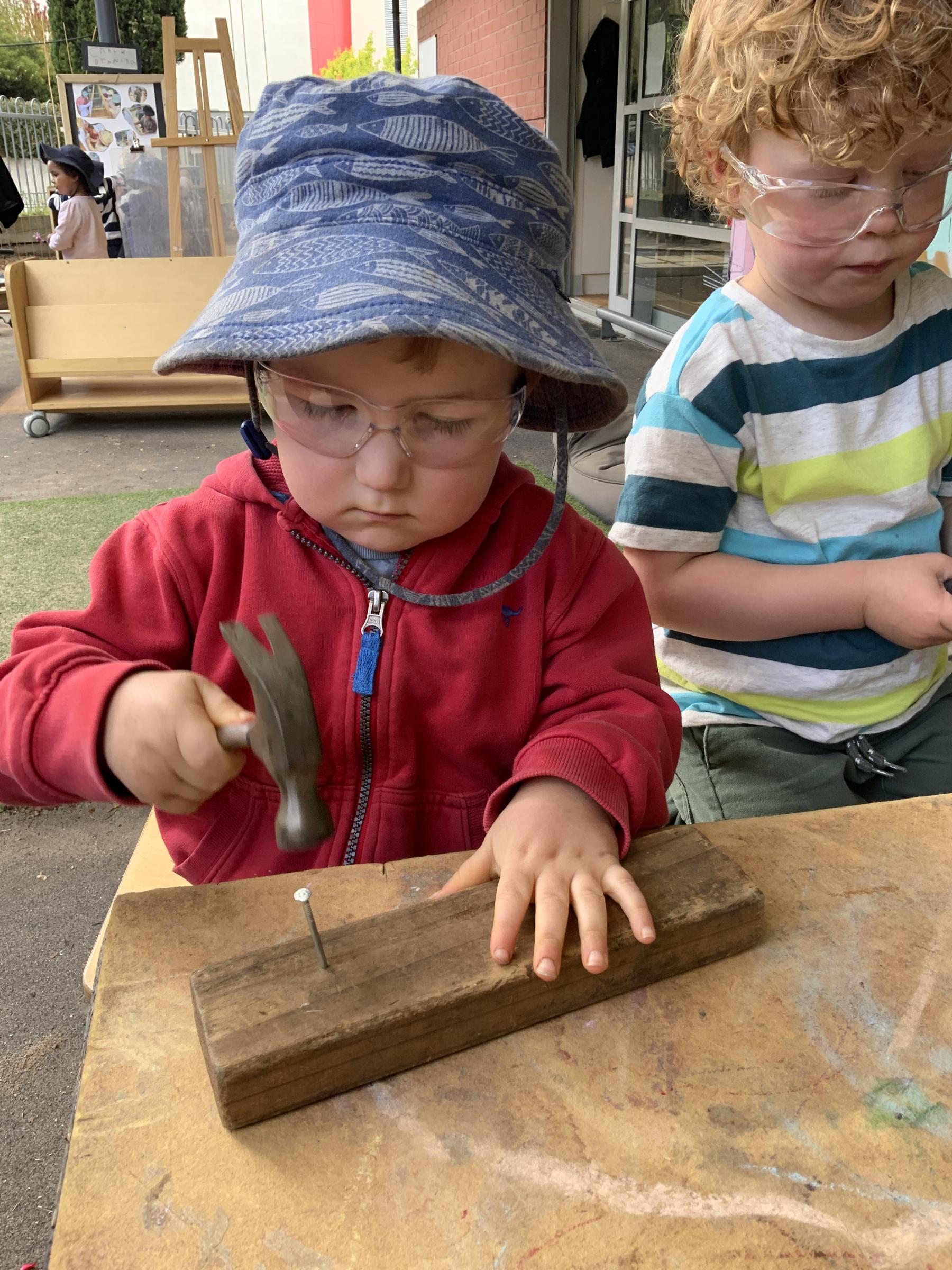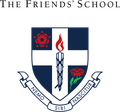Curriculum

Learning Frameworks
International Baccalaureate (IB PYP)
The Primary Years Program (IB PYP) is part of the International Baccalaureate and is the overarching framework for the learning program for children aged 3-12 years old. It is an international program that connects children to the world around them through play and inquiry.
The PYP aims to develop inquiring, knowledgeable and caring young people who help to create a better and more peaceful world through intercultural understanding and respect.
Fostering attributes and approaches to learning that support children to become effective learners is an integral part of the PYP. We encourage children to be curious about the world in which they live and actively encourage them to wonder about the extraordinary things in every day life.
Belonging, Being & Becoming
Friends’ Early Learning delivers The Early Years Learning Framework for Australia, Belonging, Being & Becoming, from birth to four years. This program then continues into the early years of schooling.
My Time, Our Place
In the Outside School Hours Care program we implement the Framework for School Age Care in Australia, My Time, Our Place. More information on our Outside School Hours Care Programs can be found in the Primary School Handbook.
Planning & Assessment
Planning for Learning
In the Early Learning Centre, each room team plans an engaging, challenging and relevant program for the children in their group. The basis for this program comes from educators’ observations of the children’s ideas, interests, relationships and developmental abilities. Evidence of the program in action is recorded in documentation around the learning spaces and on Storypark, our digital early learning platform.
Documenting Learning
Tracking children’s engagement, participation and learning through the program sits at the centre of our practice. Educators’ observe children learning in groups and individually, documenting their learning processes, interests, play strategies and relationships with others and the world around them. Documentation tells the story of learning as it unfolds and provides many important insights for parents and educators on children’s growth and development over time. Children’s learning stories are shared with parents via the Storypark platform and parents are welcome to share comments and observations on these experiences. At the end of each child’s time at the centre, families can choose to download and archive their child's collection of learning stories; this collection is a wonderful record of an engaging and fulfilling learning journey over time.
Relationships Matter
Building strong connections through Primary Caregiving
For the younger children at Friends’ Early Learning, our approach honours a primary caregiving system. This organisational strategy ensures that each child is supported to settle in, engaging with positive connections and experiences during their initial orientation period.
To meet this aim, each child is allocated a team of consistent educators who share personal responsibility for the child’s overall wellbeing while the child becomes familiar with their new routines, environments and relationships. The aim is to support children with a continuity of care whilst reducing stress for children and their parents. This approach supports the building of trusting and secure relationships from the start of each child’s early learning journey. The primary caregiving system is progressively ‘relaxed’ as the child becomes more confident, ensuring that each child develops strong attachments with all of the educators in their room over time.
Environments for Learning
We know that children develop in an environment of relationships and that the connections that young children make with people, places and materials shape the architecture of the developing brain. At Friends’ Early Learning and Outside School Hours Care we strive to create interesting and playful learning environments which cater for individual and group learning experiences across a variety of indoor and outdoor contexts.
We are fortunate to be situated within the Primary School grounds which naturally expands the landscape of learning possibilities for children. The program engages a wide variety of opportunities for children to move their bodies and explore the world around them with all their senses. There are opportunities for children to engage in rigorous physical play allowing them to develop important physical skills, including balance, spatial awareness and hand-eye coordination, as well as find moments for quiet, calm and relaxation throughout their time at the centre.
Creativity is a highly valued aspect of learning. Our learning environments and programs support and celebrate children’s spontaneous creativity and encourage children to access many different creative resources and materials as they represent their ideas in unique and interesting ways. Provocations and proposals for playful inquiry are planned in response to key ideas that each group is inquiring into; drawing on the wide range of resources of the learning environment. Play with loose parts is a central part of our approach; children are encouraged to meet artefacts and objects in many ways in order to understand them and find new possibilities for them.
3 Year Old Kindergarten Program
The 3 year old Kindergarten Program is led by qualified early childhood teachers and draws upon the early years of the Primary Years Program of the International Baccalaureate. Guided by The Purpose and Concerns Statement of The Friends’ School, the IB PYP and The Early Years Learning Framework for Australia, our 3 year old Kindergarten helps children to ‘learn how to learn’ by immersing them in an exciting, inspiring and thought provoking learning environment, rich in playful exploration, guided investigations and group project work. In this program children build knowledge, skills and understanding through playful inquiry into a collection of big ideas:
- Who we are,
- How we express ourselves,
- How the world works,
- Where we are in place and time,
- How we organise ourselves, and,
- Sharing the planet.
The 3 year old Kindergarten program includes:
- A project based approach to inquiry through playful inquiry invitations and proposals
- Opportunities to develop symbolic competence over time (skills necessary for later literacy and numeracy learning)
- Library visits, weekly in term time
- Physical Education sessions, weekly in term time
- Music sessions, weekly in term time
- Creative arts opportunities, within the room program supported by a dedicated arts teacher
- Supported access to Information Technology as a strategy for creating digital representations of ideas, expressing thinking and accessing information.
The core hours for the 3 year old Kindergarten program are 9.00am to 3:00pm however children may attend longer days as required from 7:30am through to 6:00pm as part of the existing fee structure.
